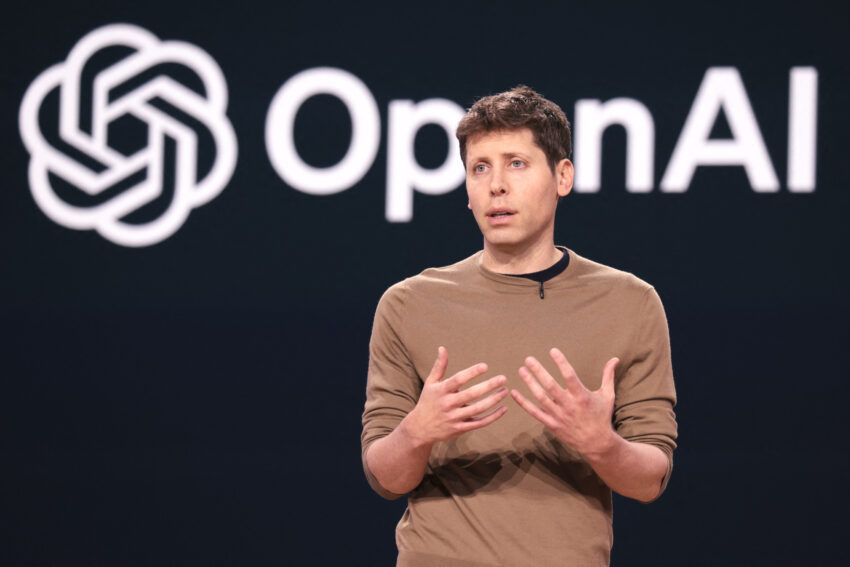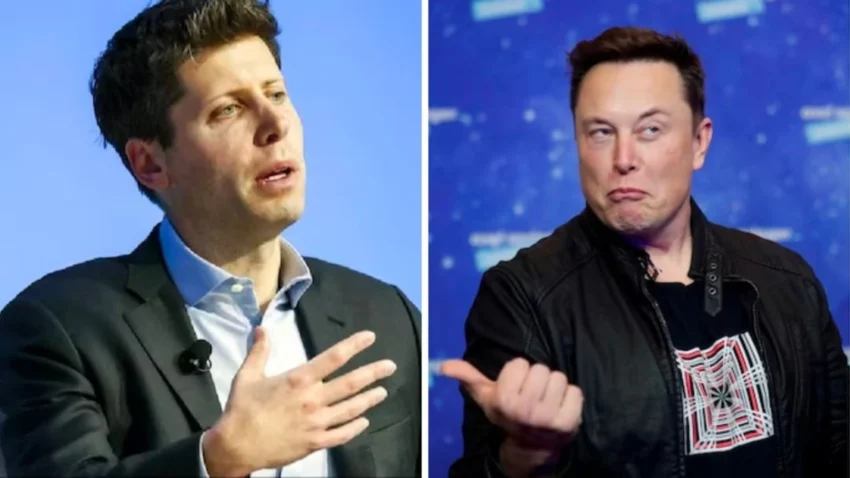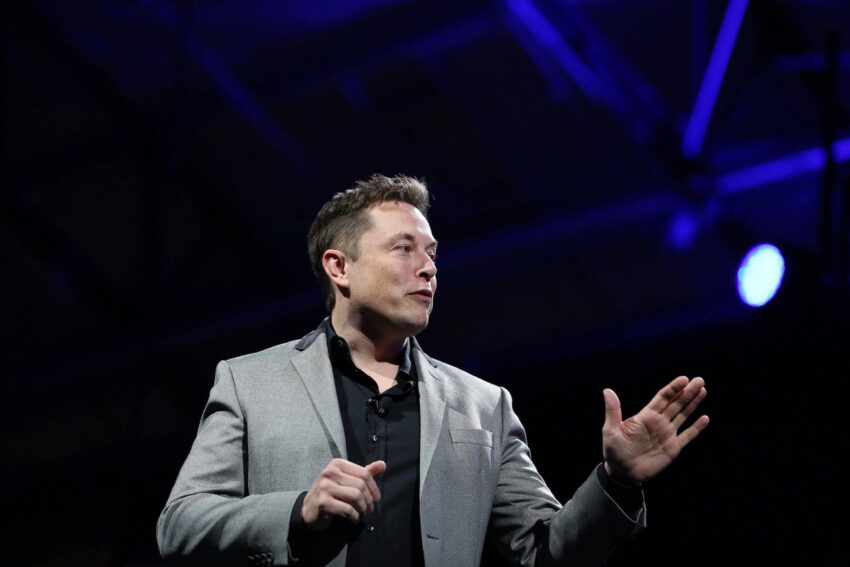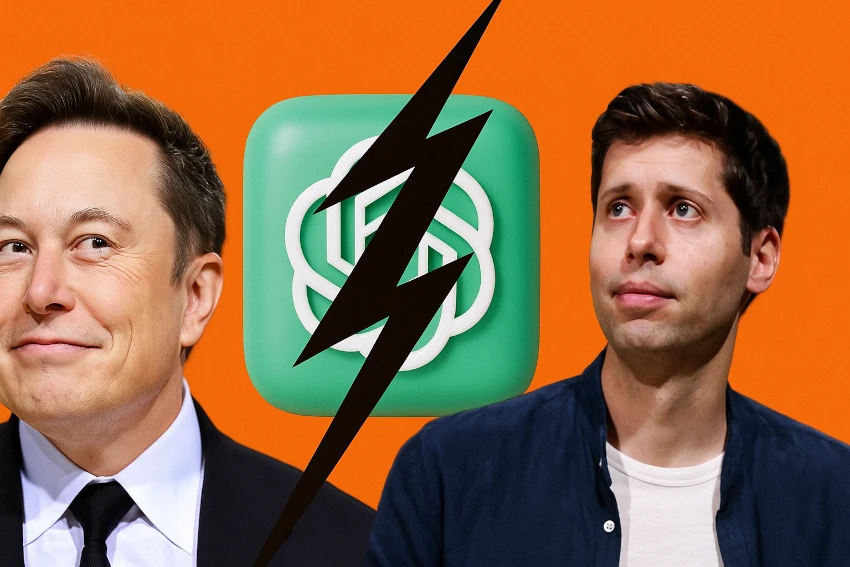OpenAI has reversed its plan to spin off its for-profit arm and will remain under its nonprofit parent’s control. The for-profit entity will instead convert into a Public Benefit Corporation (PBC) overseen by the nonprofit board. This decision follows pressure from the attorneys general of California and Delaware, along with public criticism. Elon Musk, a co-founder and early backer, says he will continue his lawsuit, arguing that the restructuring still misuses charitable assets . The outcome could set precedents for how mission-driven AI labs balance profit and purpose.
Background on OpenAI
Founding and Mission
OpenAI was founded in late 2015 by technology leaders including Sam Altman and Elon Musk. Its goal was to develop artificial intelligence “to benefit all of humanity,” free from the pressures of generating commercial returns.
At inception, OpenAI operated solely as a nonprofit organization, funded by donations and pledges. This structure was chosen to prioritize safety research and transparency over profit.

Early Structure and Investments
In 2019, OpenAI created a capped-profit subsidiary to attract capital while keeping governance under the nonprofit board. Under this “capped-return” model, investors could earn up to 100× their investment before excess returns would flow back to the nonprofit.
Microsoft led the funding round, investing $1 billion in 2019 and later committing up to $13 billion, making it OpenAI’s largest corporate backer .

Proposed Restructuring
In early May 2025, OpenAI proposed converting its for-profit LLC into a fully independent for-profit company. This would have reduced direct control by the nonprofit board and allowed investors and employees to hold unrestricted equity.
Supporters argued the shift was needed to compete with deep-pocketed rivals and to streamline decision-making. Critics, however, warned it risked mission drift and could violate charitable-trust laws.
Nonprofit Reversal
On May 5, 2025, OpenAI’s board announced it would abandon the full for-profit spin-off and keep the nonprofit at the helm .
Under the revised plan, the for-profit arm becomes a Public Benefit Corporation (PBC). A PBC is a for-profit entity legally required to pursue specified public benefits alongside shareholder returns.
The nonprofit’s board retains power to set the PBC’s mission and oversee governance. This aligns with structures at other AI labs such as Anthropic.
OpenAI cited discussions with California’s and Delaware’s attorneys general—who have the authority to block the restructuring—as a driving factor in the reversal.
Musk’s Lawsuit
Elon Musk, who helped fund OpenAI and served on its initial board, filed a lawsuit in March 2025 alleging breach of fiduciary duty and misuse of charitable assets. His suit seeks to block any move away from nonprofit control.
Musk’s complaint argues that even the PBC model improperly shifts donor-owned assets, particularly Microsoft’s investments, into a for-profit framework.
His legal team notes that Musk donated roughly $100 million to OpenAI and questions how those funds became part of a multi-billion-dollar enterprise.
Musk has indicated he will press on, with a jury trial tentatively set for March 2026.

Responses and Implications
Regulatory oversight
Attorneys general in California and Delaware had signaled concerns that OpenAI’s original plan could breach charitable-trust statutes. Their involvement underscores the legal complexity of governing hybrid nonprofit/for-profit models.Investor dynamics
Microsoft and other backers supported the reversal, though Microsoft retains a veto right over PBC decisions affecting the mission. Some analysts worry this gives corporate investors outsized influence.AI governance model
The PBC structure may become a template for balancing capital-raising with public-interest mandates in the AI sector . Critics argue that legal requirements alone cannot ensure mission adherence without robust enforcement.Broader debates
The dispute highlights a key tension: how to fund cutting-edge AI research while preserving a commitment to safety and ethical use. The result could shape how future AI labs structure their governance.
A Partial Victory Only
OpenAI’s decision to reaffirm nonprofit oversight marks a partial victory for those who feared a full pivot to profit motives. Yet Elon Musk’s steadfast lawsuit shows governance questions remain unresolved. As the case moves through the courts, its outcome may set important precedents for nonprofit-driven AI innovation and investor engagement.
External Links
https://www.politico.com/news/2025/05/05/openai-restructuring-nonprofit-00327964
https://www.wired.com/story/openai-announce-nonprofit-structure-sam-altman/
https://www.theverge.com/openai/661303/openai-stays-nonprofit-sam-altman-employee-memo
https://www.techrepublic.com/article/news-openai-nonprofit-control-retained-musk-microsoft/
https://www.wsj.com/tech/ai/openai-to-become-public-benefit-corporation-9e7896e0
https://www.washingtonpost.com/technology/2025/05/05/openai-restructures-abandons-plan-profit/
References
OpenAI will continue to be controlled by nonprofit amid restructuring reversal (Politico) POLITICO
Elon Musk to keep lawsuit against OpenAI despite nonprofit control statement (Reuters) Reuters
Evolving OpenAI’s structure (OpenAI blog) OpenAI
OpenAI Backs Down on Restructuring Amid Pushback (Wired) WIRED
OpenAI abandons plan to become a for-profit company (The Verge) The Verge
OpenAI dials back conversion plan, nonprofit to retain control (Reuters) Reuters
OpenAI Backtracks, Says Nonprofit Will Retain Control (TechRepublic) TechRepublic
Elon Musk to keep jury trial for lawsuit against OpenAI (Economic Times) The Economic Times
Sam Altman hands Elon Musk a win, scrapping OpenAI’s for-profit plan (Washington Post) washingtonpost.com
OpenAI reverses course but remains nonprofit-controlled (Yahoo Finance) Yahoo Finanças




